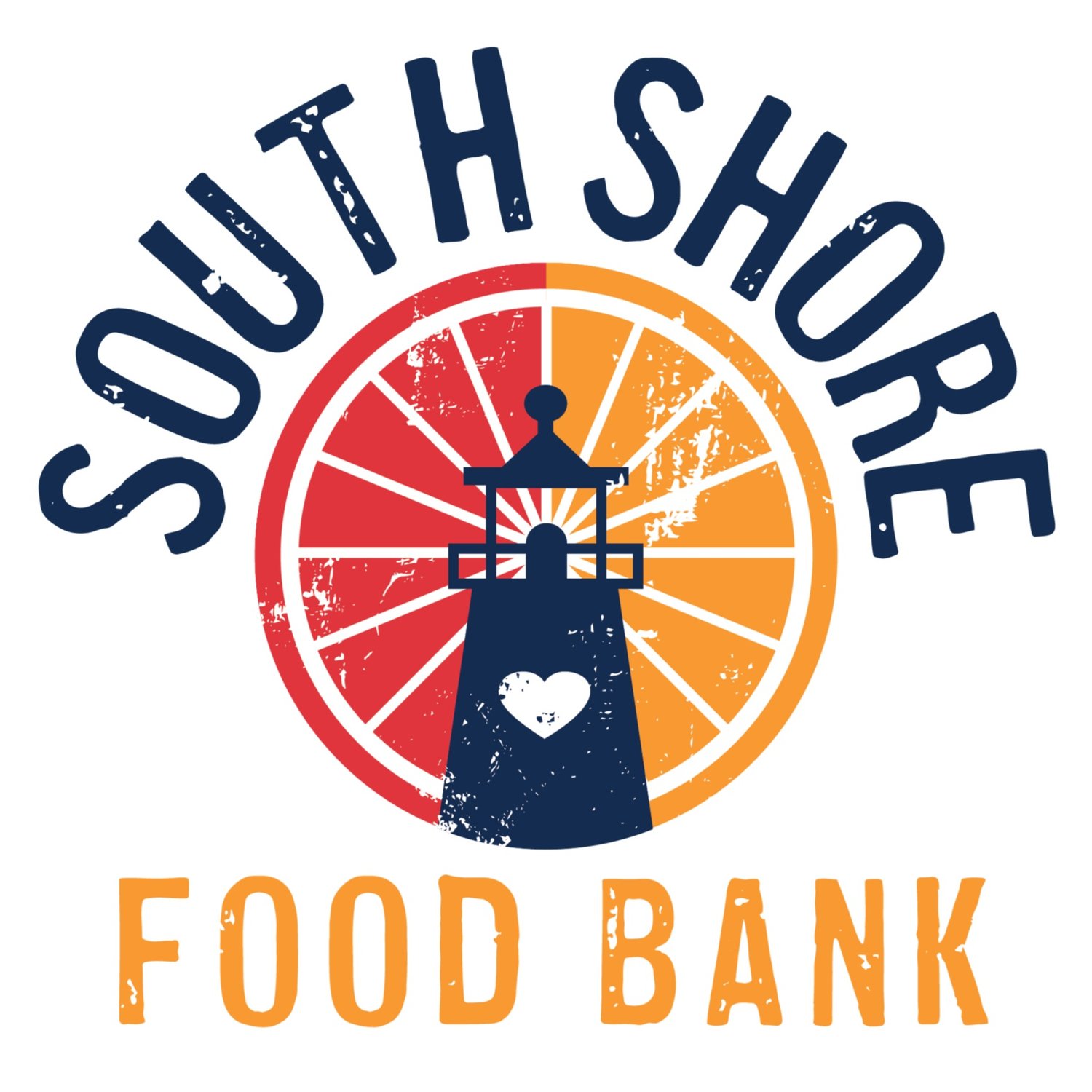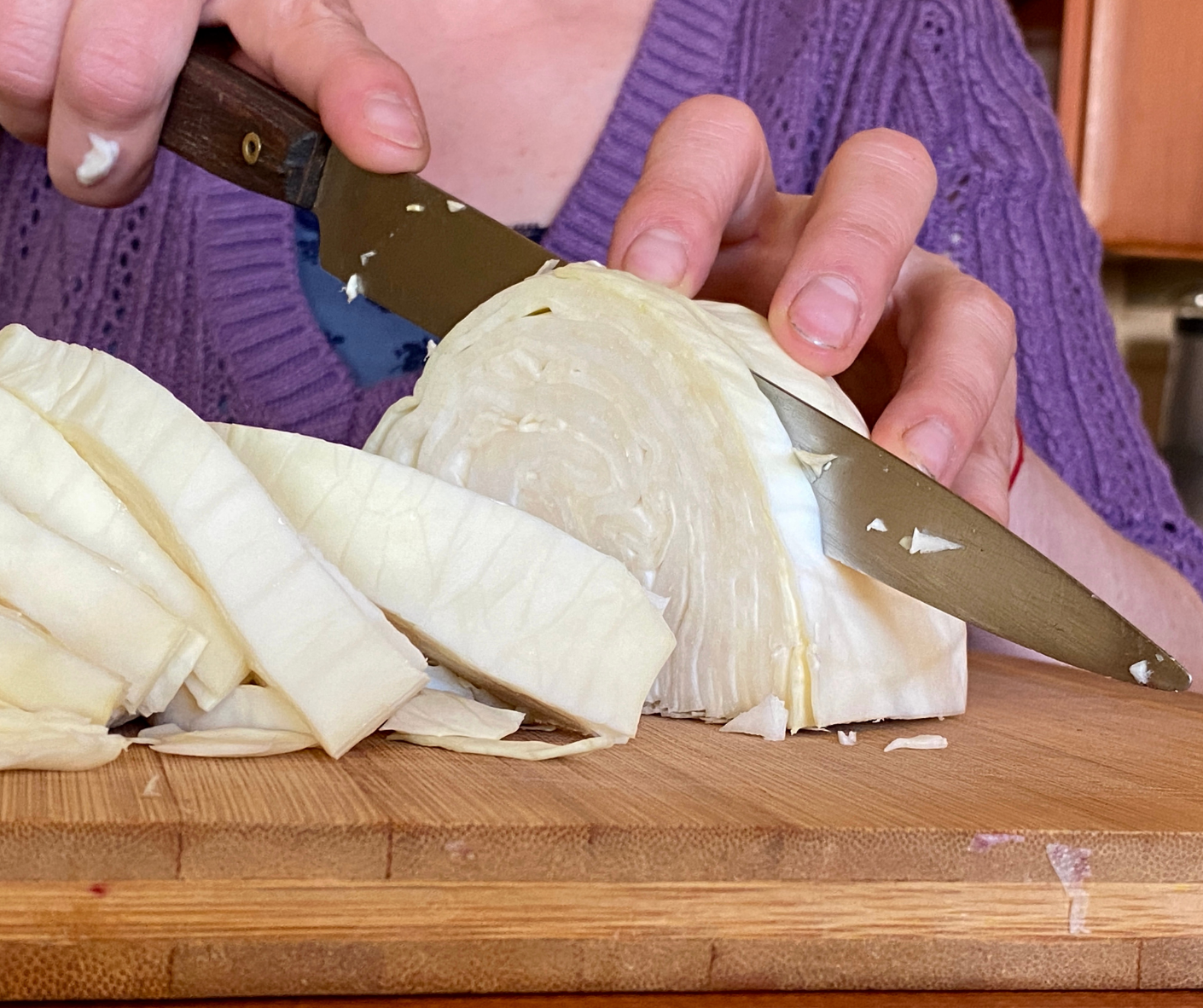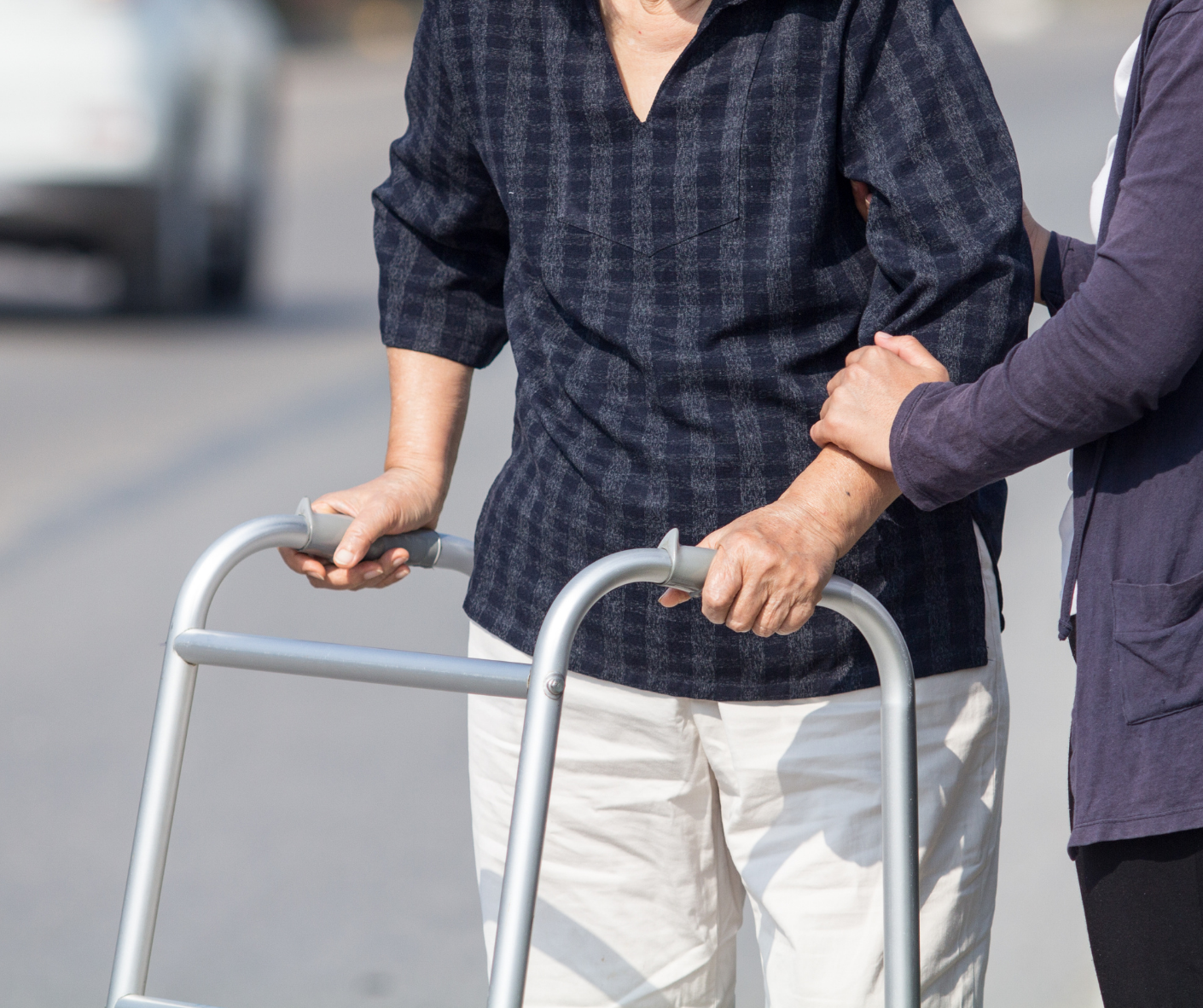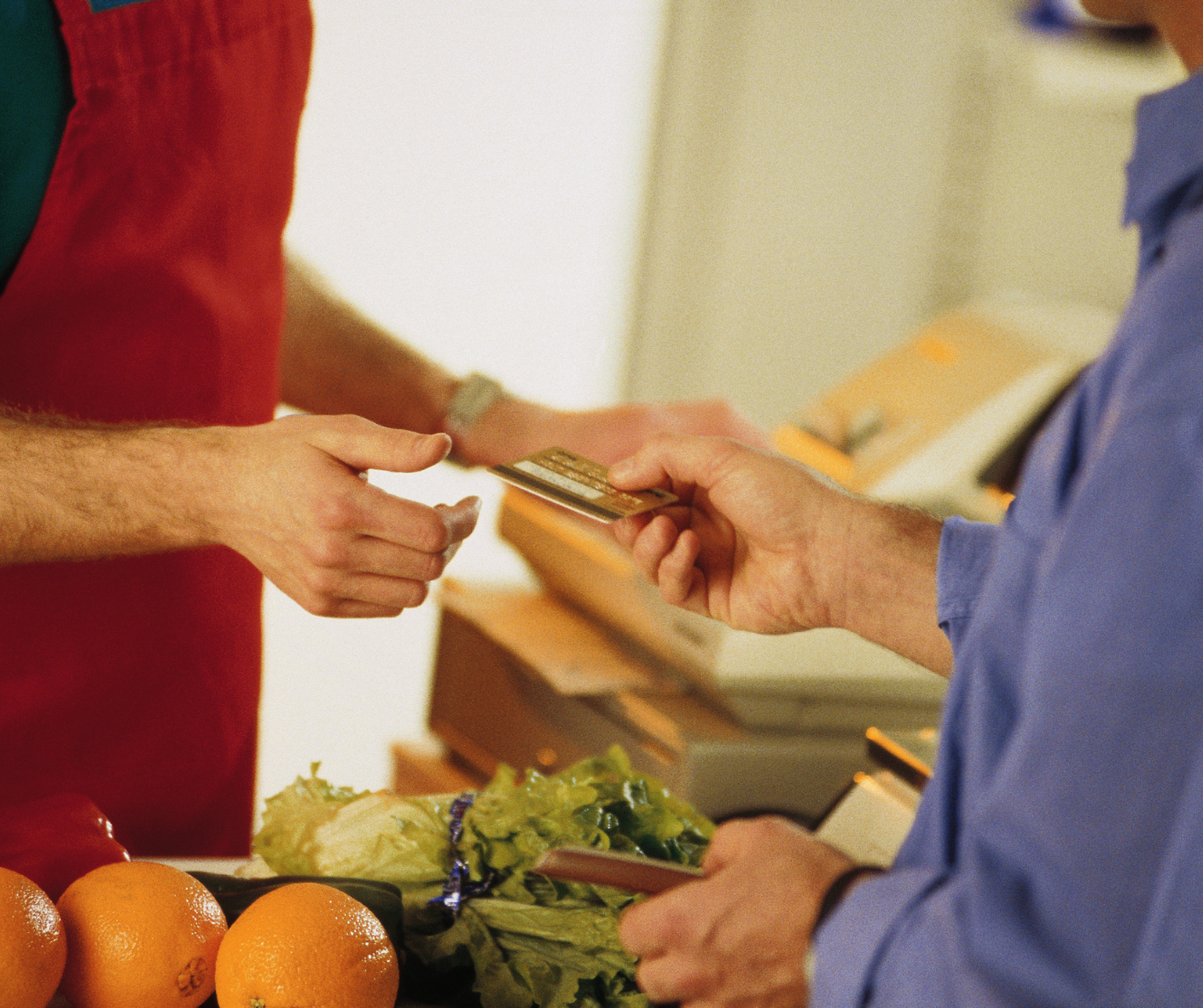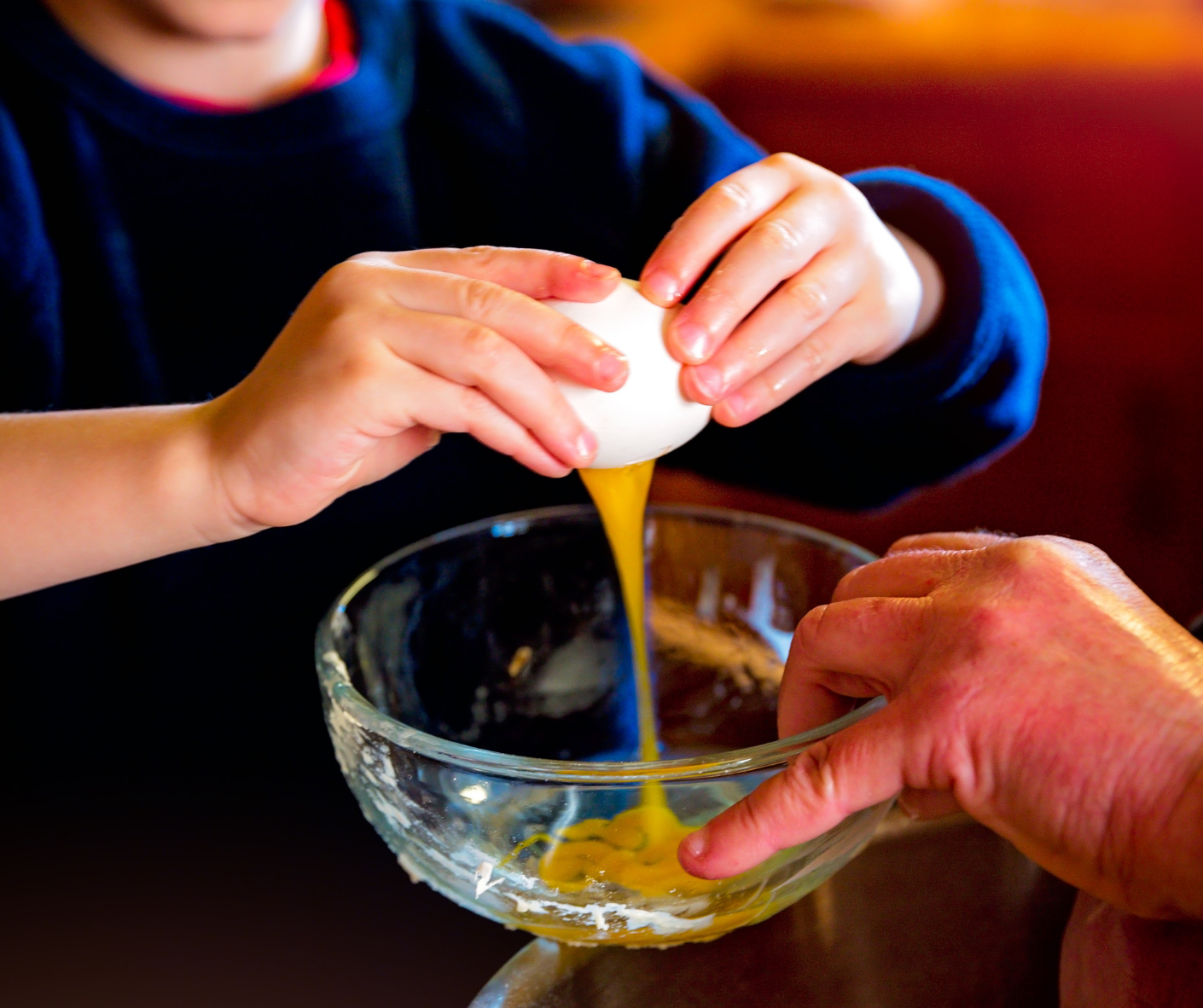Barriers to Food Access
At first, you might think food access relates to geography or location. How many supermarkets or food related services are in the vicinity of where you work or live. You’d be right. After pondering it a while, you might it might also have something to do with transport. Is there public transport? How far is the store? Can you walk? Do you need a personal vehicle? You’d be right there too. What if you can’t afford a vehicle and the store is not within walking distance? What if you are disabled? Or, what if you can’t afford a vehicle because you haven’t been able to pay your rent, and you also don’t have enough money for food? So food access is also about economic security. That would also be correct.
The more we dissect the issue, the more we realize how layered a topic it is.
Years ago I volunteered at a Farmers Market. At the end of the market most farmers donated their leftover produce to the food pantry. Beautiful fresh, healthy, locally grown vegetables. I would be one of the helpers transporting it to a food pantry, we’d arrive on Fridays after the market and the food pantry was always appreciative but they always put most of it in a big walk in fridge. Beautiful butternut squashes, cabbages, turnips, and sweet potatoes. When I asked why they weren’t putting all the food out when they were clearly busy, I was gently pulled aside and told that Friday’s was senior day. They would put out a bit of each and replenish it as it was used, but for the most part most of the seniors they helped lived alone, and couldn’t eat a whole cabbage. What’s more, arthritis and weakened hand strength made it difficult to peel and cut most of the vegetables that were donated. Most of them would get used in a prepared meal program, or offered to families with children on a different distribution day. That day I learned that sometimes, food preparation can be a barrier to food access.
I’ve met some families where children prepare their own meals because parents are working two or three jobs. In these instances, cooking is a barrier to food access. Opening a can can be a barrier. I remember my dad’s frustration once because he couldn’t open a bag of nuts and raisins. The plastic packaging was so strong and tightly sealed, teeth wouldn’t even do the trick, he had to get a pocket knife.
Sometimes, and I think of this often, there is plenty food available but because of a dietary restriction you may not be able to eat it. Health management may require specific dietary modifications, like diabetes, heart disease, high blood pressure, celiac disease. Can you imagine being hungry and the only food available to you will make you sick?
Food culture also plays a role here. I can attest to this because in 2008 we, my husband and I immigrated from South Africa to the United States. My first visit to the grocery store started out as a most thrilling experience. Even though it was a nothing-fancy-local-supermarket, the store was bigger than any store I had ever been in, and I couldn’t believe there was a whole aisle dedicated just to breakfast cereals. Language was a barrier too, even though I speak English, things had different names, they were in different locations in the store, and when I asked for help, the well-meaning grocery store staff couldn’t understand my accent. It didn’t take me very long to leave empty handed feeling overwhelmed, displaced, and frustrated. And hungry.
Food safety could be another barrier. And proper food storage. I worked at a food pantry where a young gentleman walked through our doors—he needed food, and he was pretty desperate. Patrons were only allowed to visit the pantry once a month, but we were generous and prepared a good size cart of food for this gentleman to take—fruits, vegetables, rice, pasta, meat, eggs, cheese, milk, pasta sauce, bread, peanut butter. He picked through it and gave most of it back. We found out he was homeless. He had no where to store the food, no fridge, and no way of cooking anything.
Making sure everybody in your community has access to food so that we can truly end hunger, means meeting people where they are geographically, economically, and culturally, with respect for their abilities, health, needs, and means. Only then do we treat people with dignity. Only then, do we have a food system that is equitable.
